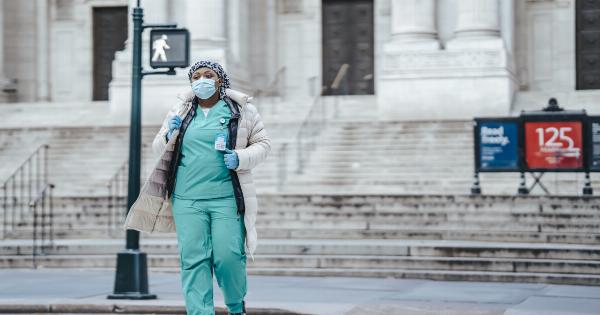When it comes to dealing with a cold, there are numerous remedies that claim to relieve symptoms and speed up recovery. However, not all of these remedies are actually effective. In fact, some popular cold remedies can do more harm than good.
Here, we take a closer look at five common cold remedies that don’t work.
The Power of Vitamin C
One of the most popular remedies for a cold is taking high doses of vitamin C. Many people believe that consuming large amounts of this nutrient can help to boost the immune system and shorten the duration of a cold.
However, scientific studies have failed to find any substantial evidence to support this claim. While vitamin C is essential for overall health, there is no conclusive proof that mega-dosing on it can cure a cold.
Overuse of Antibiotics
In today’s society, many people turn to antibiotics whenever they fall ill, including when they have a cold.
However, it is important to note that antibiotics are only effective against bacterial infections, not viral infections like the common cold. Overuse of antibiotics can lead to antibiotic resistance, meaning that these drugs become less effective in treating serious bacterial infections.
Therefore, using antibiotics for a cold is not only ineffective but also potentially harmful in the long run.
Nasal Irrigation
Nasal irrigation, such as using a neti pot or saline nasal spray, is often recommended as a remedy for nasal congestion caused by a cold.
While these methods can provide temporary relief by flushing out excess mucus, they do not treat the underlying cause of the congestion. Moreover, improper use or unsterile equipment can lead to infections or damage to the delicate nasal tissues. Therefore, while nasal irrigation may offer temporary relief, it does not actually help in curing a cold.
Sweating It Out
Sweating out a cold is an age-old belief that suggests engaging in vigorous physical activity or sitting in a sauna to induce sweating in order to “sweat out” the cold. However, this concept is a misconception.
While physical activity and sauna sessions may provide temporary relief from congestion and muscle aches, they do not actually treat the viral infection causing the cold. Additionally, engaging in intense exercise while sick can put unnecessary strain on the body and delay the healing process.
Over-the-Counter Cold Medications
Over-the-counter (OTC) cold medications, such as cough syrups, decongestants, and fever reducers, are commonly used to alleviate cold symptoms. However, these medications only provide temporary relief and do not treat the underlying cause of the cold.
Additionally, many of these medications come with side effects, such as drowsiness or dizziness, which can impair daily activities. It is important to read the labels and consult with a healthcare professional before using OTC cold medications, especially for children and those with certain medical conditions.
Conclusion
While it is natural to seek remedies for a cold in order to alleviate discomfort, it is essential to be aware of treatments that are not scientifically proven to be effective.
The remedies discussed above, including excessive vitamin C intake, overuse of antibiotics, nasal irrigation, sweating it out, and relying solely on over-the-counter cold medications, may provide temporary relief or placebo effects, but they do not cure the common cold. It is best to manage cold symptoms through rest, hydration, and over-the-counter symptomatic relief, while giving the body ample time to heal itself.




























